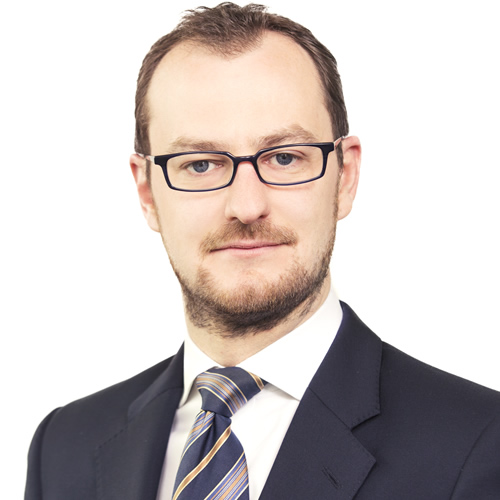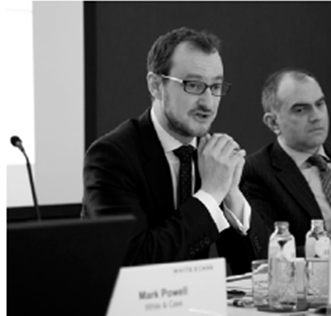Daniel Gore

Name: Daniel Gore
Home/EU/Overseas: Home
Course/Graduated: MSc Economics (2003)
Current role: Partner, RBB Economics
Could you sum up your experience of Economics at Warwick?
I joined the Warwick MSc Economics programme after a year working at an economic consultancy. At Warwick I focused on microeconomics, and on industrial organisation in particular. Compared to my undergraduate studies, the greater focus on teaching and small group discussion at Warwick was noticeable, and made for a more effective learning experience. I also enjoyed the social side of living on campus after three years studying at a university in London.
How did the course and department prepare you for life beyond graduation?
I knew before starting at Warwick that I wanted to work in competition economic consultancy, and therefore focused on courses related to that career. Margaret Slade’s excellent industrial organisation courses were directly relevant to the work that I do, and I found Dennis Leech to be one of the best teachers of econometrics I have ever come across.
What have you been doing since graduation?
I joined RBB, an economic consultancy specialising in competition law, after leaving Warwick in 2003. Over that time the company has grown from 15 people to around 100 staff across seven offices around the globe.
Firms I have worked with include Shell, Sainsbury’s and RSA, and I have represented clients before the European Commission and competition regulators in the UK, Ireland, South Africa, Sweden and Romania. I recently co-authored a book on merger analysis under European competition law, published by Cambridge University Press.

What steps did you take to find employment?
Having worked in economic consultancy before starting my Master’s I already knew the firms I was interested in working with and applied directly to their recruitment coordinators.
What does your current job involve?
We work in conjunction with firms’ legal advisors to advise on and assist with the application of competition law to their activities. The larger part of our work is on merger notifications, but we also advise on cartel cases, market investigations and dominance inquiries.
Each case is different, but the central theme is the practical application of industrial organisation principles to real world markets. We work closely with our clients to understand the details of their businesses, to interpret those details in the context of economic principles, to identify and implement empirical analyses aimed at testing economic hypotheses, and to present those results to the relevant competition regulators in the context of the legal arguments of the case.
What’s the one piece of advice you would give to current students?
Do not lose the bigger picture in amongst the detail, and ensure that you can step back and identify the economic intuition that explains a result. In most cases professional economists will be presenting their work to non-economists, so in order to have the desired impact work needs to be not only rigorous and insightful, but also clearly and compellingly explained without mathematics or technical terminology.
